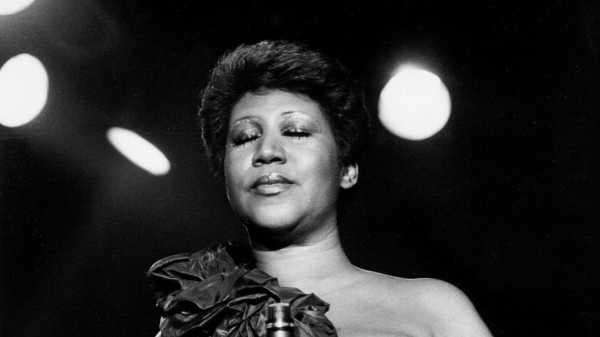
The year was 1983. The time of year: late fall. Late evening. Leningrad, U.S.S.R. I was sitting at a cluttered table in my one-bedroom apartment, in a sturdy six-floor building put up by German P.O.W.s shortly after the Second World War, on a quiet street in the southwestern part of the city—a ten-minute walk away from the Park of Victory metro station. Nothing was happening, nothing was about to happen, a zero-suspense situation: just a random moment caught in the resin of time, the amber of memory.
I was gazing ahead, out the half-shaded window, sitting in the diffuse circle of warm light from a tall floor lamp to the left of me, with my elbows propped on the table and my head resting in the palms of my hands, in front of a half-empty bottle of an acrid, half-dry Bulgarian red called The Evening Bells and a white faience teacup with a chipped rim. In the boreal darkness outside, there was nothing for me to perceive but an irregular checkered pattern of blue- and yellow-lit windows in the apartment building across the way.
Beyond those windows, perfectly and naturally unaware of my existence, ordinary Soviet citizens like me silently lived their ordinary human lives: hugging or ignoring one another, standing still in their kitchens in tank tops and nightgowns and saying something silently to someone unseen, flinging angry words at one another, gesticulating broadly and opening and closing their mouths, drinking tea, eating something greasy from an aluminum pan on the stove, or just staring into the night’s emptiness with unseeing eyes, their foreheads pressed against the windowpane, a slow-burning cigarette squeezed between their pressed lips. Sometimes I would wave a hand at them, and sometimes they would notice and walk away from the window, or smile fleetingly, or shake a fist at me.
On top of the small cabinet behind me sat a portable Philips tape player. It had been a lavish parting gift, replete with two actual tapes—one of David Bowie’s greatest hits, one of Aretha Franklin’s—from an American friend and drinking companion, a graduate student studying Russian in New York, who had spent a year in the city on an exchange program and had left for home a few months earlier. “I say a little prayer for you,” Aretha Franklin was singing.
I never tired of listening to that particular song, and I played it a few times almost every evening. I could understand many of the lyrics, too, which was cool and made me feel as if I were, in some small part, an American myself: “The moment I wake up, before I put on my makeup, I say a little prayer for you,” and then, “Forever and ever, you’ll stay in my heart, and I will love you forever, and ever, we never will part, oh, how I love you,” and “together, that’s how it must be, to live without you would only mean heartbreak for me,” and, finally, “my darling, believe me, for me there is no one but you!” It was a very beautiful song.
I was drinking the acrid, half-dry Bulgarian red and listening to that song, and my heart was filled with sadness and happiness. When it was over, I would get up, go over to the cabinet, rewind the tape, and play it again.
As far as I was aware, no one was saying any little prayers for me anywhere in the giant dark city of Leningrad, or anyplace else in the world. But, well, so what? So what. That was fine by me. It was no big deal.
I was drinking the undrinkable wine and listening to that song, and my heart was filled with sadness and happiness. There was no valid reason for me to feel happy, for I could think of not a single aspect of my life that anyone in their right mind might find remotely appealing, much less feel envious of. I was an engineer and lowly security guard in the Roller Coaster unit of the Attractions Sector in the Central Park of Culture and Leisure, with no salary to speak of. I was a permanently unsuccessful applicant for an exit visa from the Soviet Union, which was a precarious, vulnerable position to be in, especially in the year of our Soviet Lord 1983, under the dark shadow of the slowly dying, ruthless former K.G.B. head Yuri Andropov. I was a samizdat writer with no realistic hopes of ever being published by any official Soviet journal or magazine. As far as I could tell, if I were to be honest with myself, I had no viable future in, like, the world, and no realistic prospects of ever being allowed to leave the country. But, then again, who could responsibly predict the future in a futureless world? We all were suspended in viscous timelessness, so there was no point trying to divine what lay ahead, in the nebulous—
Nebulous? “You’re drunk,” I told myself. It was my second bottle.
I refilled the cup and emptied it. “I say a little prayer for you,” Aretha Franklin was singing in the night.
“Thank you,” I said. “That’s nice to hear.” And it was.
Sourse: newyorker.com






